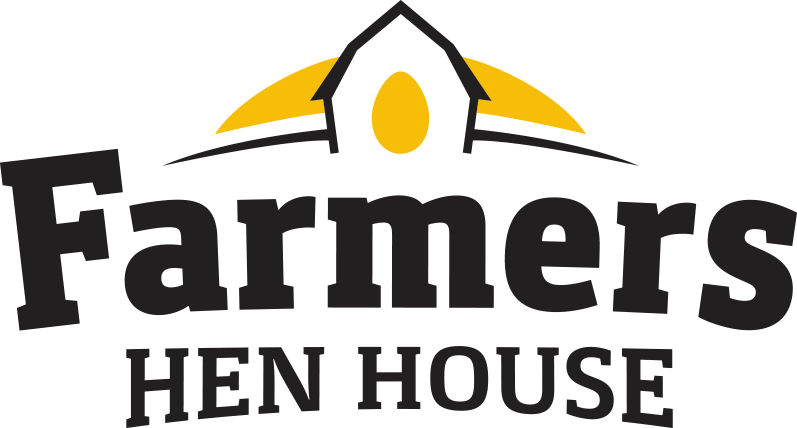There are lots of options, but often little time when you’re standing at an egg shelf trying to understand all the labels. From Free-Range, Pasture-Raised, Organic, Non-GMO, Certified Humane, Cage-Free, and the list goes on… Who has time for a tutorial when you’re on a tight schedule, or when your child in the cart is at his or her threshold?! That’s why we’ve put together this short blog to help you understand the difference preemptively, so that it can save you time and money.
Defining Organic Eggs
What makes organic eggs organic is the feed the hens eat, as well as the farm where they live. Each of our farms is USDA Certified Organic, which means they go through a rigorous process to verify that there is nothing that grows on the farm that contains any herbicides, pesticides, or GMOs. The genesis of organics in eggs is, in part, how Farmers Hen House was founded. We like to say we were doing organics before there was even a label for it, as our Amish and Mennonite heritage has been farming organically for centuries.
Benefits of Organic Eggs
The benefits of organic eggs are first and foremost the humane treatment of the hens. In their ability to not only stretch their wings, frolic in green pastures, and be a bird, we know that our hens are receiving a clean diet devoid of any foods treated with harsh chemicals. This in turns means that when you eat or feed your family our organic eggs, you can rest assured that you are eating the some of the purest eggs money can buy, and that’s worth every penny when yours and your family’s health is being considered. Additionally, you can trace our organic eggs to the organic farm of origin so that you can have the utmost in food transparency. Discover where you can find our free-range eggs at a store near you!


